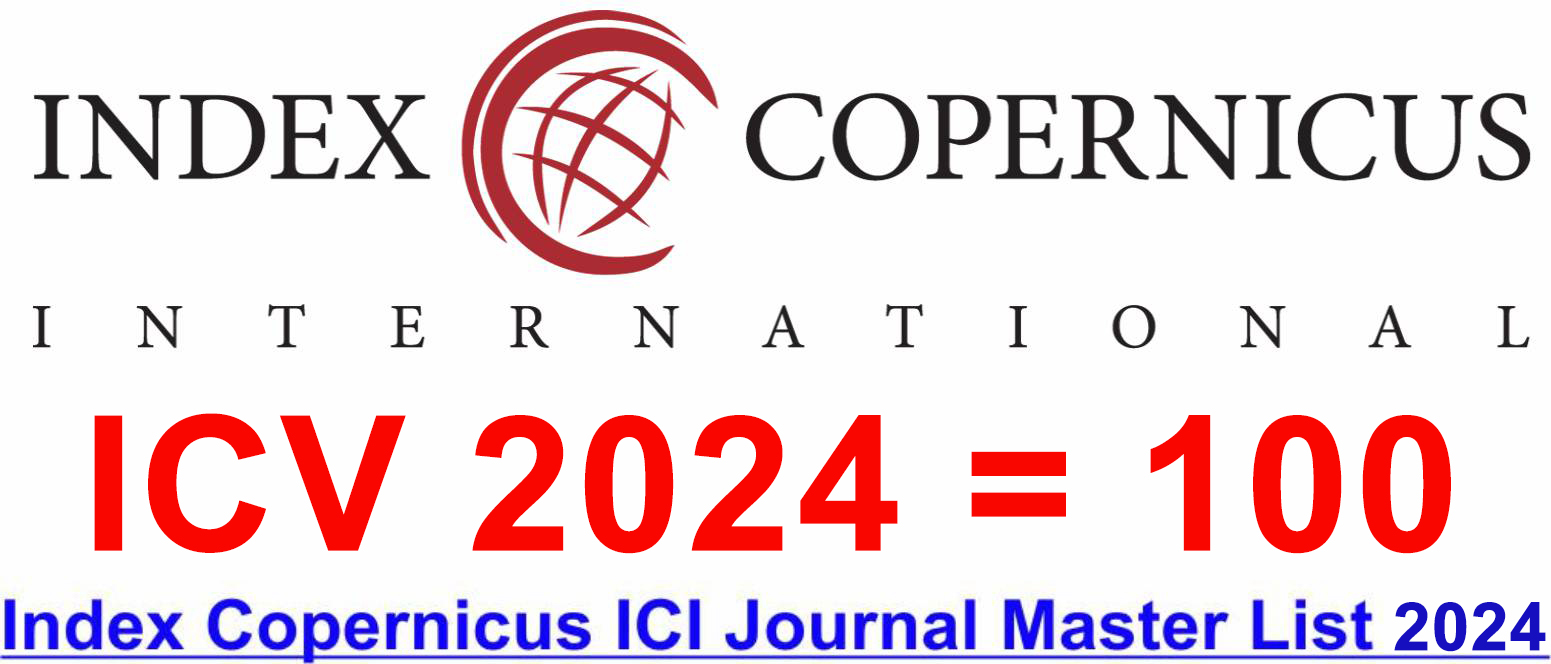The Role of Social Media Content Marketing (SMCM) as a Digital Marketing Strategy towards the Internal Factors of Consumer Behavior among the Millennials
DOI:
https://doi.org/10.46977/apjmt.2023.v04i01.005Keywords:
Social Media Content Marketing (SMCM), Content Marketing, Social Media, Millennials, Consumer Behaviour, Social Media Marketing, Digital MarketingAbstract
In this savvy world of technology, most consumers want something that is quick, convenient, and can fulfill their needs. Hence, it is parallel to the businesses nowadays that have the tendency to use online platforms to market their products. Thus, social media becomes one of the most popular online selling mediums among business firms. In a social media marketing strategy, one of the most important elements that needs to be highlighted by the firm is the content marketing itself. In other words, to succeed in a social media marketing strategy, it is necessary for the firm to provide high-quality content marketing for consumers. Considering that nowadays most consumers in the world use social media as one of the mediums through which they shop, the author suggests Social Media Content Marketing (SMCM) plays a role in influencing consumer behaviour. Social media will work more effectively if the content marketing displayed is of high quality and meets the needs of consumers who buy online. Therefore, this SMCM model is one of the digital marketing strategies that need to be emphasized in online marketing, which in turn will have a positive impact on consumer behaviour. This paper will discuss further the SMCM on online purchases.
Downloads
References
Adams, A. A. (2015). Digital word of mouth: motivating and engaging millennials with shareable content.
Ahmad, N. S., Musa, R., & Harun, M. H. M. (2016). The impact of social media content marketing (SMCM) towards brand health. Procedia Economics and Finance, 37, 331-336. https://doi.org/10.1016/S2212-5671(16)30133-2
Ahmad, N. S., Musa, R., & Zakaria, S. H. (2021). Disentangling factorial structure of Social Media Content Marketing (SMCM) quality construct in the context of Muslimah fashion. Romanian Journal of Information Technology and Automatic Control, 31(1), 101-110.
Alch, M. L. (2000). The echo-boom generation: A growing force in American society. The Futurist, 34(5), 42.
Bareblat, C. (2015). Marketing to Millennials. Retrieved from http://www.bizcommunity.com/Article/196/347/123834.html#more
Barmola, K. C., & Srivastava, S. K. (2010). Role of consumer behaviour in present marketing management scenario. Productivity, 51(3), 268.
Barney, L. (2011). Social media the holy grail for Generation X, Y. Money Management Executive, 19(17), 1-8.
Canuael, B., (2023). Expert Social Media Marketing Predictions for 2023. Retrieved on 30th March 2023 from https://www.searchenginejournal.com/social-media-marketing-predictions-for2023/473874/#close
Cohen, A. M. (2009). The emergence of a global generation. The Futurist, 43(1), 57.
Duffett Mr, R. G., & Wakeham Dr, M. (2016). Social media marketing communications effect on attitudes among millennials in South Africa. The African Journal of Information Systems, 8(3), 2.
Dumitriu, D., Militaru, G., Deselnicu, D. C., Niculescu, A., & Popescu, M. A. M. (2019). A perspective over modern SMEs: Managing brand equity, growth and sustainability through digital marketing tools and techniques. Sustainability, 11(7), 2111. https://doi.org/10.3390/su11072111
Edosomwan, S., Prakasan, S. K., Kouame, D., Watson, J., & Seymour, T. (2011). The history of social media and its impact on business. Journal of Applied Management and entrepreneurship, 16(3), 79.
Furlow, N. E., & Knott, C. (2009). Who's reading the label? Millennials' use of environmental product labels. The journal of applied business and economics, 10(3), 1.
Genauer, R. (2016). Millennial marketers disrupt balance of marketing power. Retrieved from http://web.a.ebscohost.co
Kaplan, A. M., & Haenlein, M. (2010). Users of the world, unite! The challenges and opportunities of Social Media. Business horizons, 53(1), 59-68. https://doi.org/10.1016/j.bushor.2009.09.003
Khaniwale, M. (2015). Consumer buying behavior. International Journal of innovation and scientific research, 14(2), 278-286.
Kotler, P., & KelleR, K. (2012). Marketing management. Upper Saddle River, NJ: Prentice Hall.
Luck, E., & Mathews, S. (2010). What advertisers need to know about the iYGeneration: An Australian perspective. Journal of Promotion Management, 16(1-2), 134-147. https://doi.org/10.1080/10496490903574559
Mafas, R., & Kuppusamy, M. (2019). Centennials and Millennial's Social Content Marketing Behaviour: a Predictive Analytics Approach (Doctoral dissertation, Asia Pacific University).
Manning, J. (2014.) Social media, definition and classes of. In K. Harvey (Ed.), Encyclopedia of Social Media and Politics (pp. 1158-1162). Thousand Oaks, CA: Sage.
Mihart, C. (2012). Impact of integrated marketing communication on consumer behaviour: Effects on consumer decision-making process. International Journal of Marketing Studies, 4(2), 121. http://dx.doi.org/10.5539/ijms.v4n2p121
Musa, R., Ahmad, N. S., & Janiffa, S. (2020). Hypothesized model of determinants and consequences of social media content marketing experience quality (Smcmeq) in muslimah fashion advertisement. Malaysian Journal of Consumer and Family Economics, 24(1), 247-261.
Naumovska, L. (2017). Marketing communication strategies for generation Y–millennials. Business Management and Strategy, 8(1), 123-133. https://doi.org/10.5296/bms.v8i1.10260
Odden, L. (2012). Optimize: How to attract and engage more customers by integrating SEO, social media, and content marketing. John Wiley & Sons.
Orji, O. (2013). Major classic consumer buying behavior models: implications for marketing decision-making. Journal of Economics and Sustainable Development, 4(4), 164-172.
Philip, K., & Keller, K. L. (2016). Marketing Management 16 edition.
Ponde, S., & Jain, A. (2019). Digital marketing: concepts & aspects. International Journal of Advanced Research, 7(2), 260-266.
Pulizzi, J. (2012). The rise of storytelling as the new marketing. Publishing research quarterly, 28(2), 116-123. https://doi.org/10.1007/s12109-012-9264-5
Pulizzi, J., & Yoegel, R. (2012). Six useful content marketing definitions. Recuperado de https://goo.gl/c76tSB
Rani, P. (2014). Factors influencing consumer behaviour. International journal of current research and academic review, 2(9), 52-61.
Smith, K. T. (2011). Digital marketing strategies that Millennials find appealing, motivating, or just annoying. Journal of Strategic marketing, 19(6), 489-499. https://doi.org/10.1080/0965254X.2011.581383
Spencer, M. (2009). Millennial Generation Influenced by 9/11, Tech, and Now Obama. McClatchy–Tribune Business News.
Werenowska, A., & Rzepka, M. (2020). The role of social media in generation Y travel decision-making process (case study in Poland). Information, 11(8), 396. https://doi.org/10.3390/info11080396
Williams, K. C., & Page, R. A. (2011). Marketing to the generations. Journal of behavioral studies in business, 3(1), 37-53.
Published
How to Cite
Issue
Section
Copyright (c) 2023 Asia-Pacific Journal of Management and Technology (AJMT)

This work is licensed under a Creative Commons Attribution-NonCommercial 4.0 International License.



















